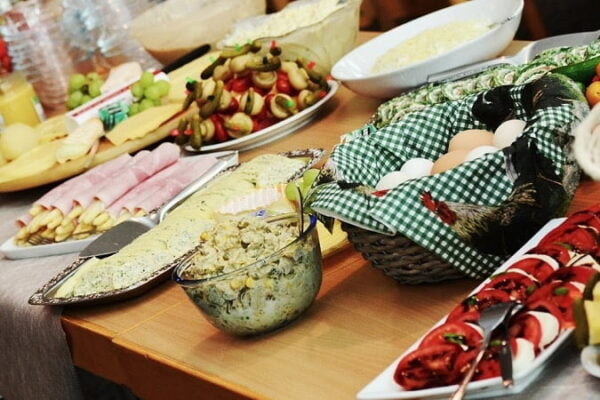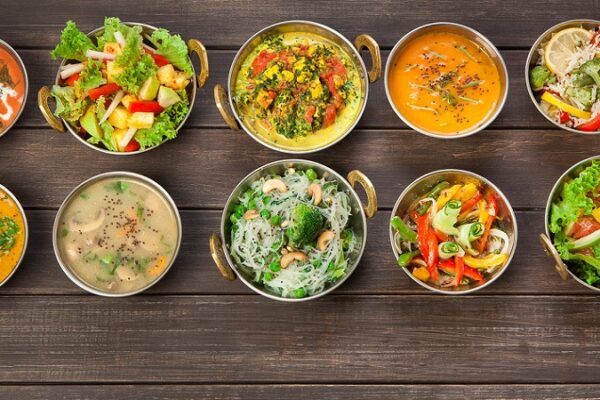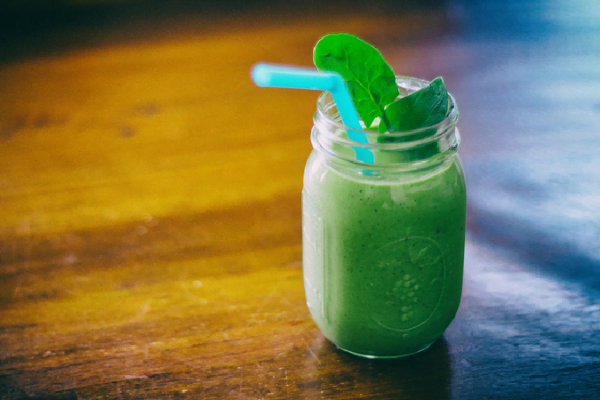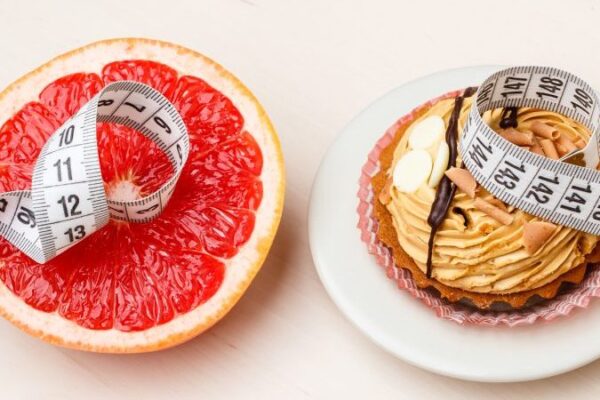“Eat more fruits and vegetables!”. I’m sure you’ve heard this recommendation when it comes to “a healthy balanced diet“, right? Although correct, this information seems a little too generic. And even a little frustrating.
The act of eating is so important, and so enjoyable, that it shouldn’t be reduced to what you should or shouldn’t put on your plate; Or “good food” and “bad food”. Okay, fruits and vegetables are super important! But… is that it?
No, that’s not all. I like to think of a balanced diet holistically, in a junction between physiological need and behavior. The way you relate to food; How your brain reacts to emotional hunger, desires, gluttony, guilt. All of this influences your eating habits.
Sounds complicated? I guarantee, it’s not! And here’s more: it’s much simpler than counting calories or worrying too much about what’s “right” or “wrong”. The important thing is to reconnect with yourself and respect your feelings of hunger, satiety and satisfaction.
Also on balanced eating, read:
- How To Choose Light Meal Ideas for Dinner
- Tips for healthy eating habits
- Juice diets to lose weight? Does this exist?
Forget the villains
I would like to share the notion of “eating well” and thereby helping people to face hunger as something normal. We receive so much information about the “danger” of gluten, lactose, fat, and sugar. We’re led to think that the world is made of dangerous foods that “fatten” us or miracle foods that “slim” us.
Faced with this, it’s actually easier to believe that we have to eat only salad, fruits and vegetables to maintain a “correct” diet.
The use of quotation marks in the words above is purposeful, precisely because these concepts make no sense. There’s no good or bad food, there is only food. The way you relate to it is how to determine whether you’ll get fat or not.
Nourish your brain with cravings for real food
I don’t like to use the word “avoid”, as is often used by food fashions, with my patients. “Avoid chocolate”. “Avoid soda”. “Avoid white flour”. What message does this give to your brain? That these things are forbidden.
Restrictive diets end up transforming these kinds of “forbidden food” into rewards, into
the source of happiness. If you’ve had a bad day, you’ll soon think that you deserve to eat something “forbidden” to relieve stress. There is no such “cheat day“, in which people drown in things that they avoid eating on a daily basis.
I prefer to reinforce a positive message. Eat more fruits, vegetables, rice, beans. More real foods (not processed). Drink more water and less sugary drinks like juices, sodas and even alcohol. Cook whenever you can so you can better control the amount of sugar, salt and fat you put in your meals.
Thus, it’s much easier to maintain a balanced diet, because by including more fresh foods in your meal, consequently you’ll eat less industrialized foods, which don’t really give your body great nutritional benefits because they’re loaded with energy, sugar, salt, fat and chemical components.
Still in doubt about what to eat? It’s easy: everything in the food markets and in the supermarket fresh food aisles is real food, rich in bioactive compounds, nutrients and fiber. If you bet on them, you can’t go wrong. The greater the variety of these items in your meal, the greater the nutritional quality of your food.
By maintaining a relaxed relationship with your hunger, without major restrictions, you can even experience great pleasure eating a tomato. Because from the moment you add more real food to your meal, your reward center in your brain can change, and you’ll gradually stop associating pleasure with only sugar and fat, and you’ll be delighted with other tastes and spices. Why can’t I stop eating? How can I change my relationship with food?
Balanced eating: it’s never too late to start
It’s better late than never. Have you ever heard this popular saying? A lot of people think that it’s not possible to bet on a balanced diet once into adulthood, but this is not true.
Of course the best case scenario is to start a good relationship with food from childhood, but studies show that force of habit is able to reprogram our brain and change our taste buds.
This means that when you eat more natural foods and less processed foods, you can change your tastes, you take pleasure in new flavors and you get used to a new standard.
My tip for anyone who consumes a lot of processed products is: start changing gradually. In the first few days, put in your meal the fresh foods that you like. And little by little, start including those you like less, or those which you’ve never tried. Be curious and try food again with another frame of mind.
Sometimes a different seasoning or the way you prepare the food can make all the difference. If you don’t like tomatoes in salad, for example. Have you tried roasting them? Or stuffing them? Or cooking them along with some meat or vegetables? Use creativity!
It’s repetition that makes us change, adopt more beneficial habits for your body and achieve the much-dreamed of balanced diet.








